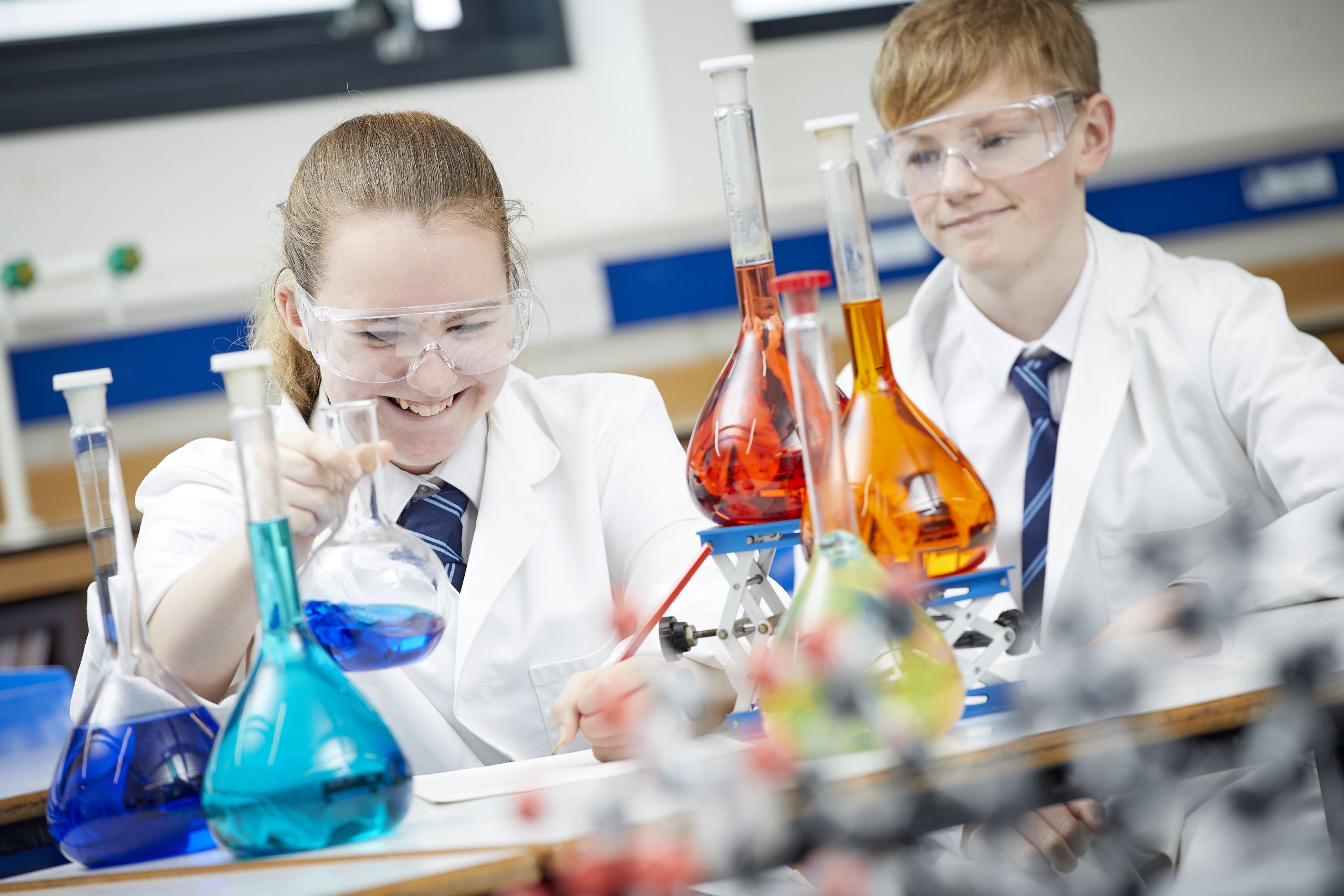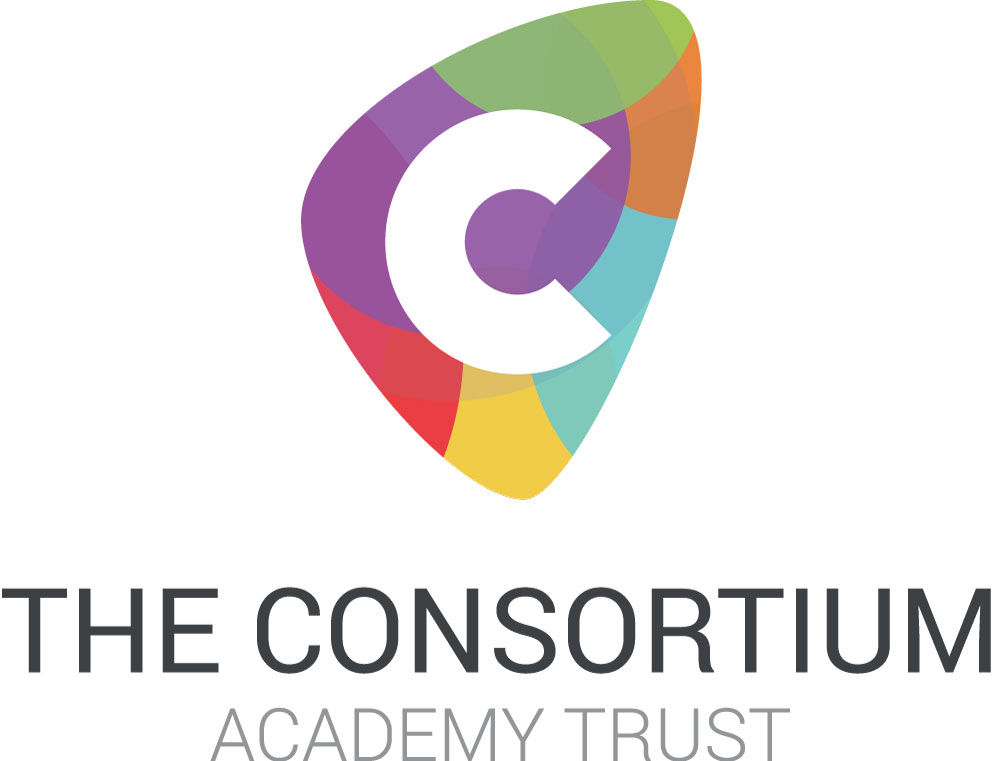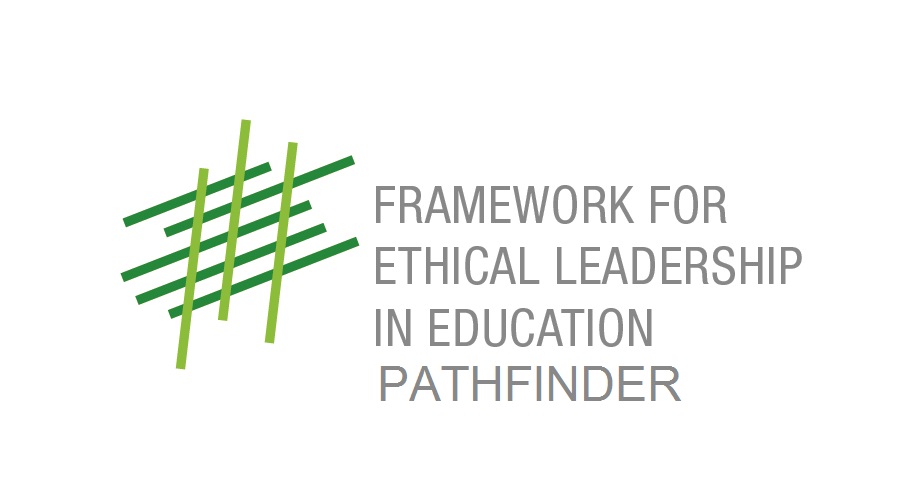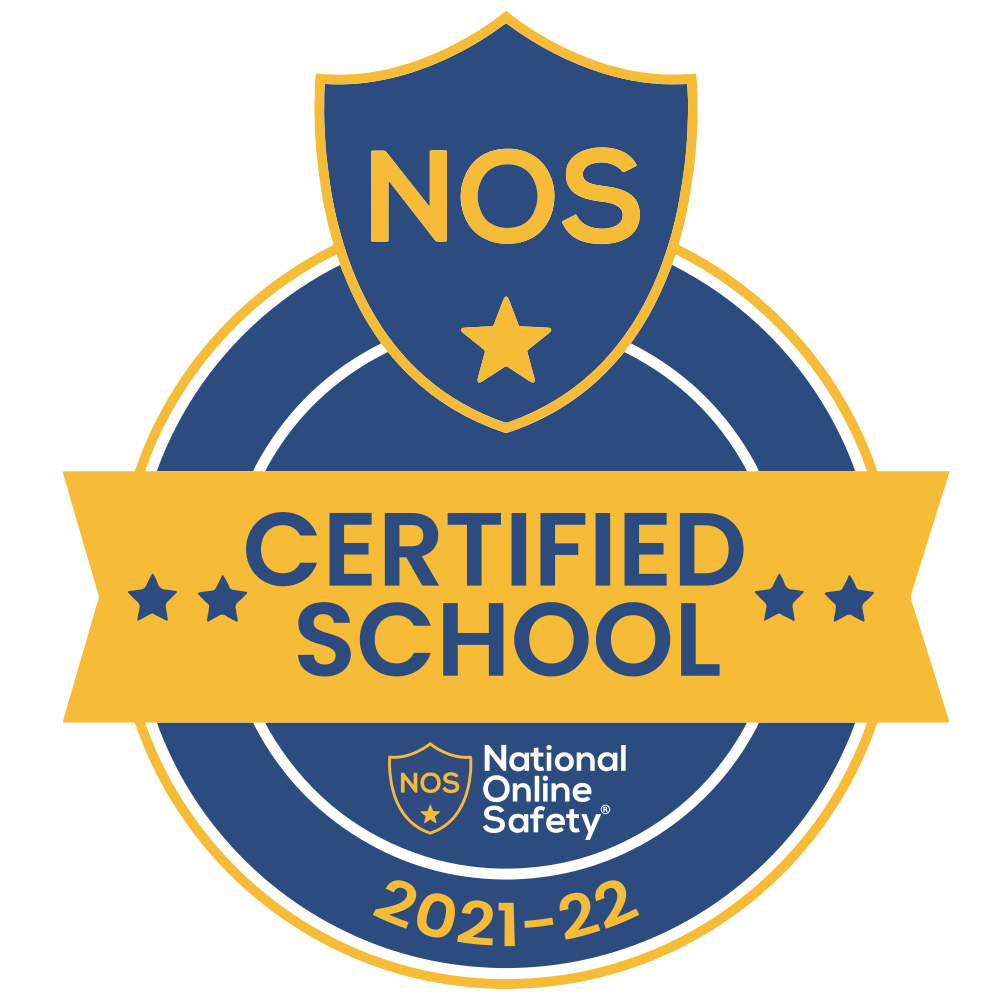Drama
| Drama | |
|---|---|
| Year 7 |
Drama is a subject that prepares students socially. They learn how to use a creative mind and work within a team. Students will learn how to gain confidence via a range of varied skills.
By the end of Year 7, students are expected to have gained an understanding of development of voice, movement, gesture, proxemics and stage, along with the ability to incorporate key terminology within their work; whilst reflecting and evaluating both their work and the work of others, in both verbal feedback and written tasks. |
| Year 8 | As a direct link from skills learnt in Year 7, students are expected to be able to identify and explain specific terminology and skills. To contribute effectively within the group. To work effectively during the rehearsal period and consider their own performance and be able to evaluate it. Students are expected to make use of technical terms when talking or writing about their work and the work of others. They need to be able to reflect on and evaluate work, whilst suggesting improvements via analysis and evaluation. |
| Year 9 |
The aim is that students can not only apply the skills but understand why they have selected certain strategies and what their purpose is. Students should also have developed confidence in order to create work themselves and offer personal ideas and opinions to practise and develop theatrical skills. Students should also be confident in articulating strengths and weaknesses in a piece of work, suggesting areas for improvement. |
| Year 10 |
Students will further experience a challenging and exciting opportunity to work collaboratively with others to explore a range of dramatical platforms. Students will read with comprehension and learn to critically and aesthetically analyze works in dramatic literature and the performing arts, via practice to improve those skills; and make connections between skills – for example, using miming skills to help with improvisation, then using improvisation to practice clowning, and so on. Develop and make use of ideas and skills to allow for personal development and exploration and stretch the limits of creativity and imagination, while exploring themes. Develop skills in group work, research and negotiation, while also developing creativity and performance skills. Students will consider the impact that they can make on an audience as ideas develop the ideas that they want to communicate. |
| Year 11 | The core skills developed in this qualification are the ability to recognise and understand the roles and responsibilities of performer, designer and director coupled with the study and exploration of texts and extracts, which include the relevant social, historical and cultural contexts. They must also have the ability to analyse and evaluate their own work and the work of others and the ability to understand how performance texts can be interpreted and performed. |






